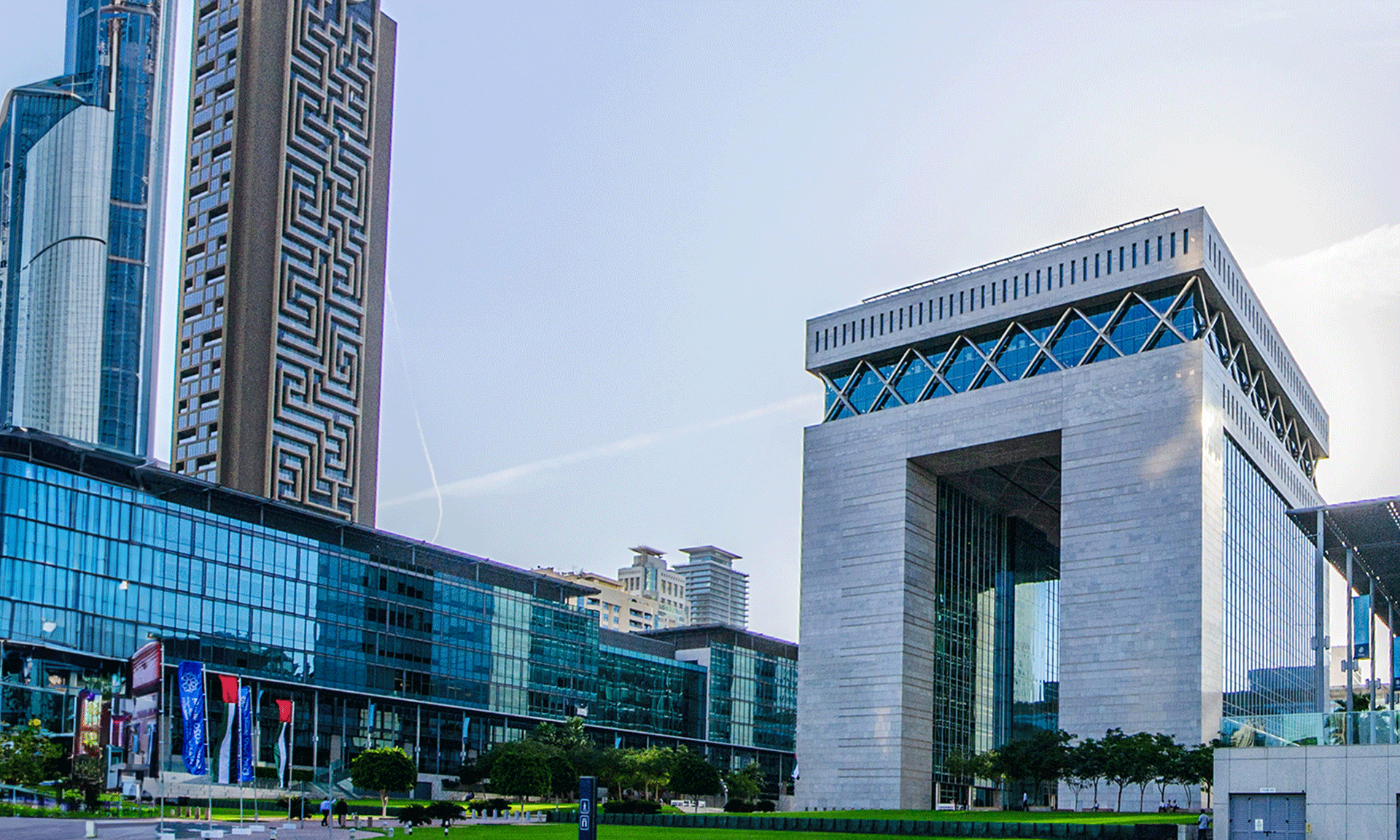These days, women have loads of opportunities and the required abilities to start a business – be it full-time or part-time. Social media has also helped in changing the perception and women these days are taking the risks and becoming entrepreneurs. There are many women who are also quitting their full-time jobs and starting their own ventures. So if you’re also thinking of starting your own enterprise but confused about how to go about starting it, then read on. We have collated seven tips for you, which would help you to kick-start your business.
1. Prepare an impressive pitch:
The first step before you start talking to your network or looking for investors, you must prepare a good pitch. You should know which product you are selling and why a customer should spend their money on it? So do you know what an elevator pitch is? Your pitch should be such that it is impressive yet not long. It should be crisp and something that grabs your attention quickly. It should also be something that enables people to understand your product or service and how the customers would be benefitted using it. Think of how your product is filling the gap in the market and giving what has been lacking.
2. Study your market in detail:
After the sales pitch, do a detailed study on the customer base, that is, who will buy your product or service. What’s the size of your customer base? Are you targeting a niche customer base or generic one? Find answers to these questions first and then decide to present your idea to your potential investors.
3. Upskill yourself on financial aspects and knowledge:
Before making a sales pitch to investors, you must be confident with numbers, financials and data. Managing a business is not possible without mastering the financials of your venture; in fact your data and numbers should be on your fingertips. In case you’re not so confident about the financial aspects, you must upskill yourself and learn this from someone experienced and good at it. You should have answers to questions such as “What are the capital requirements of your business over time?”; “What are your gross margins?”; “What’s the time frame you are looking at for a break-even?” etc.
4. Don’t think twice and ask for help if needed:
You should not hesitate to look for help and advice in case you are have any doubts in how to set up your business. In this, networking is a very critical skill that should have so as to flourish in the entrepreneurial world. You must confidently tap into your network of acquaintances and friends, which is crucial to run your own business.
5. Have a useful board of advisers:
Having a board of advisers in an early stage in your company could really benefit your company’s image. While deciding the board members, make sure that you pick experienced people who can act as trusted advisers in your venture. These investors can advise you in all decision-making process and could even take you to your initial customers. So to start with, check and invite individuals from your own network who might have relevant experience. After deciding the board members, you could plan in-person or even virtual meetings on a periodic basis for discussing important issues.
6. Create a hiring roadmap:
Make a list of people you will require in your company in the coming 1 year or so and then start finding and hiring them. These people could be working with you full or part time or could be working for equity till the time you get some funding.
7. Work harder and faster than others!
Last but not the least, get ready to work harder than your competitors, or what you have done earlier. Do you know that most of the small business owners or entrepreneurs put in over 60 hours every week? Also, be ready for the inevitable failures or setbacks. It’s all part of the game. You must also not ponder too much and delay making the decisions, as others might launch the same product or service before you.
So, starting your own venture might have multiple challenges but if you keep these tips in mind, you’re surely off to a great start!






























 IMC Group
IMC Group